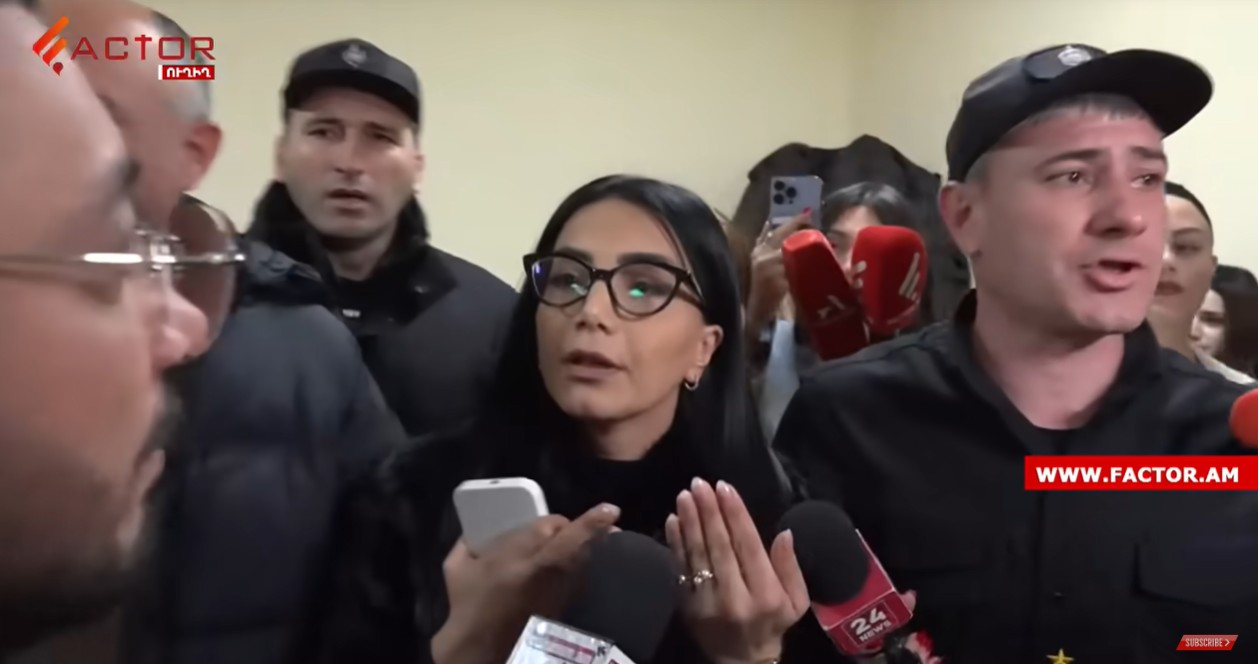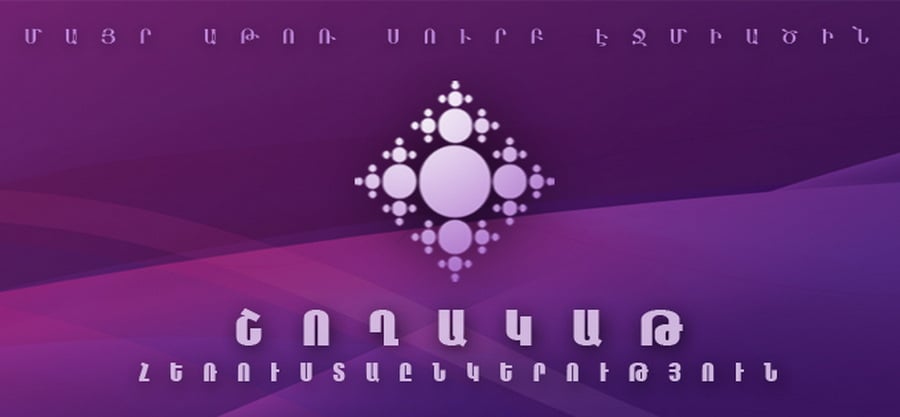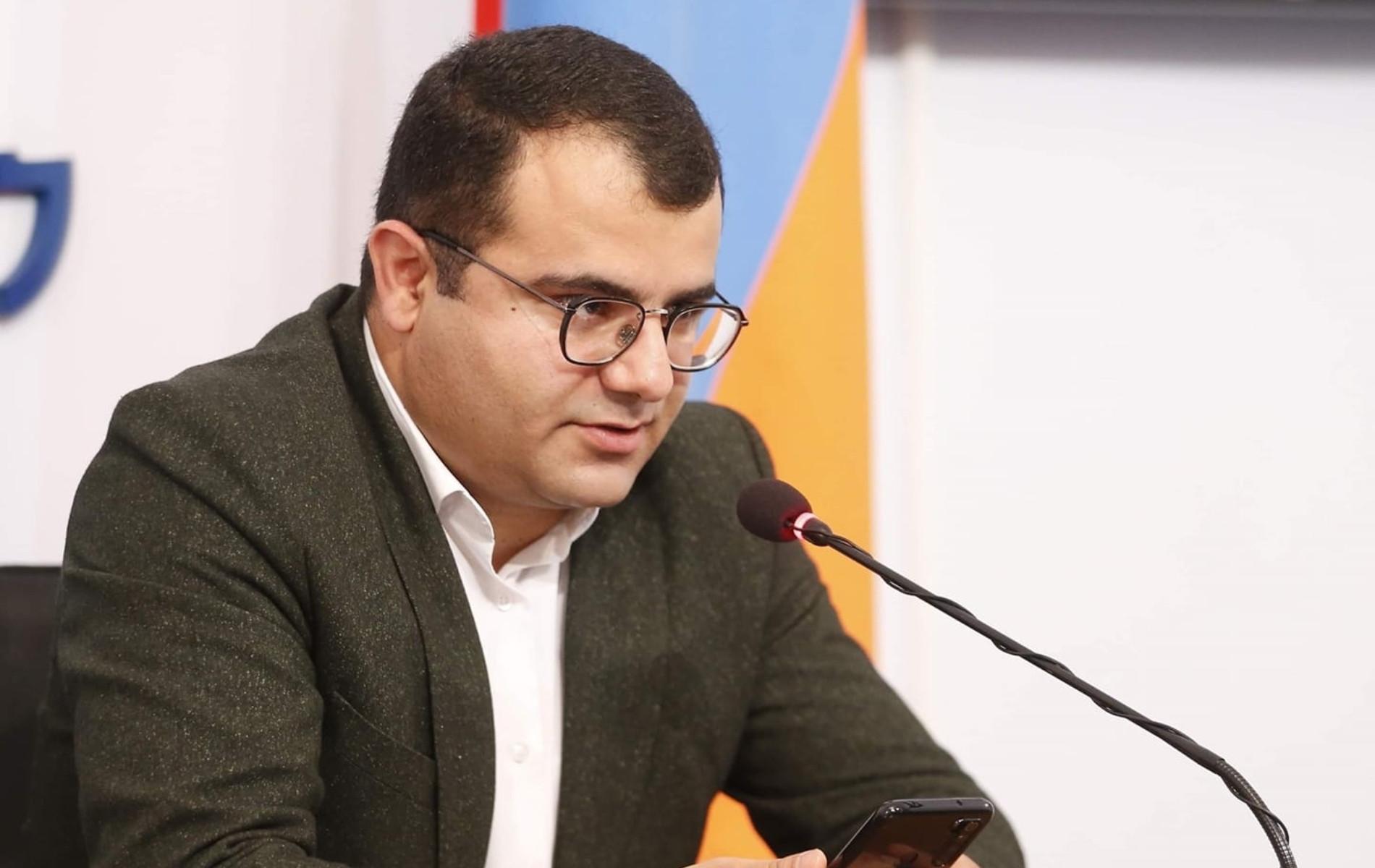Privacy related concerns grow parallel to rapid expansion of such public services as street cameras, public and private surveillance systems, as well as the mass usage of personalized telecommunication devices (mobile phones and smartphones). Not all countries address this issue properly; however, most European countries have national regulations restricting the use of such data for purposes other than originally specified. The Armenian legislation is mostly missing regulations on collection of bulk data. Although the recently adopted car traffic regulations foresee legitimacy of data obtained using street cameras, they do not stipulate legitimacy of use of cameras for other purposes, as well as do not define requirements towards the storage and usage of video archives.
Personal data massively collected by public and private institutions on legitimate bases, but without further control over its usage and destruction is another area of possible uncontrolled abuse of privacy.
For discussion of the above mentioned issues, on July 1, 2016, the Committee to Protect Freedom of Expression (CPFE) with the assistance of the Open Society Foundations–Armenia organized a roundtable on “The Use of Video Surveillance Data in Armenia in the Context of Protection of the Right to Privacy”. This Roundtable opened a series of discussions on various aspects of the protection of digital rights.
In the opening speech the Chairman of CPFE mentioned that in the environment of rapid development and dissemination of digital technologies the human rights and fundamental freedoms are often neglected, which on one hand is a new challenge for the Republic of Armenia, and one the other hand it is a completely new field of activities for researchers and human rights defenders. He said that the general public in Armenia is mostly unaware of the concept of digital rights used in many developed countries and applied for protection of privacy and personal data in this new digital world.
David Amiryan, the Deputy Director for Programs at Open Society Foundations–Armenia, in his welcome speech presented those projects of the Foundation that address the issue of human rights protection in the context of dissemination of digital technologies. “In this sense” – said David Amiryan, – “the development of technologies in our daily life lead to serious problems; digital technologies spread wider and wider, but the associated human rights are not protected.” He said the Foundation will continue its efforts for solution of these problems, and from this perspective, the present series of discussions create a good opportunity for highlighting the importance of digital rights protection.
Next was independent expert Andranik Markosyan with his presentation on “The Use of Video Surveillance Systems Data and the Issue of Protection of the Right to Privacy”. He said that the common point of view on this matter is that the collection of bulk data using either technical means or voluntarily provided by data subjects does not cause serious privacy issues. Moreover, video surveillance and supply of personal data to service providers is not always and not in any jurisdiction is treated as personal data. However, street cameras have been a subject of public concern, public discussions and official guidelines of European authorities.
Speaking about video surveillance cameras, the presenter said that the main concerns regarding the street cameras are usually the scope of surveillance (e.g. what supposed to be subject of monitoring: specific activities in a specific time, any activity, any person or just unusual activities), for how long time video recordings might be stored, who may have access to stored video resource, what is the procedure for getting access to stored surveillance videos.
Andranik Markosyan mentioned that video surveillance is done not only by public but also by private institutions for security and monitoring purposes. “For instance, many companies use video cameras for monitoring working processes. Even in those cases when the employees are aware about video surveillance they are not always informed for how long videos are kept, who may get copies and are there limitation for the usage of the video materials by the administration.”
Video surveillance is a powerful tool for recording variety of information about a person, such as car license plate (state register) number, tracking individuals’ regular routes, personal contacts and several other elements of private life which usually is not allowed to monitor without court decision. Shortly after mass use of video surveillance, the issue became a subject for discussion by the legislatives of the European countries and EU institutions. It is not surprising that European Court of Human Rights received several claims concerning privacy violations.
According to the speaker, these problems exist also in Armenia and they require urgent solutions first and foremost in the regulatory framework that should be modifies to include provisions on data processing, classification, storage and access by third parties.
Human rights defender Artak Zeynalyan, too, made a presentation on “Video Surveillance by Public Authorities as Intervention and Violation to Respect the Right to Privacy”. In his speech, A. Zeynalyan stated that the installation of thousands of speed and surveillance cameras in various locations by different public agencies, including the Road Police, is not legally justified and represents intervention into private life of individual.
The human rights defender described a case where access to data recorded by a speed camera had been denied when the data was needed for protection of human rights. He said there were cases where video records needed as evidence for Court proceedings were not provided upon excuse of “not being preserved”. “Objects cannot delete or destroy “themselves”; if the records were not preserved it means that someone simply deleted them to destroy the evidence. If there is no legal procedure for using, storing and deleting video surveillance records, then the very concept of video surveillance contradicts the Constitution,” – said the human rights defender.
Artak Zeynalyan filed a number of claims on similar cases to the European Court of Human Rights and hopes that satisfaction of the claims could be a good precedent stimulating the process of filling the regulatory gap in video surveillance legislation of Armenia and protection of privacy rights in the country.
For more information on bulk data collection, storage and handling matters, please, visit
http://www.osf.am/wp-content/uploads/2016/07/Privacypolicyissues-BulkData_08-June_ENG.pdf








